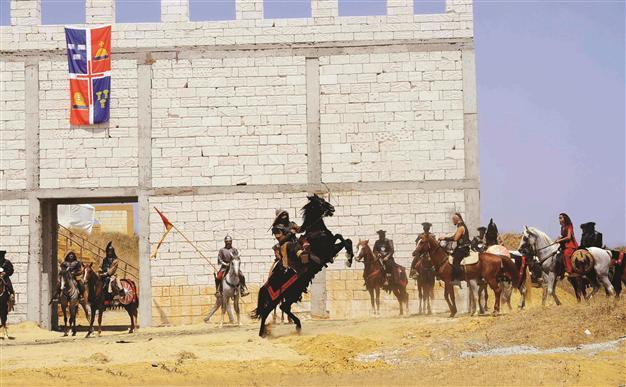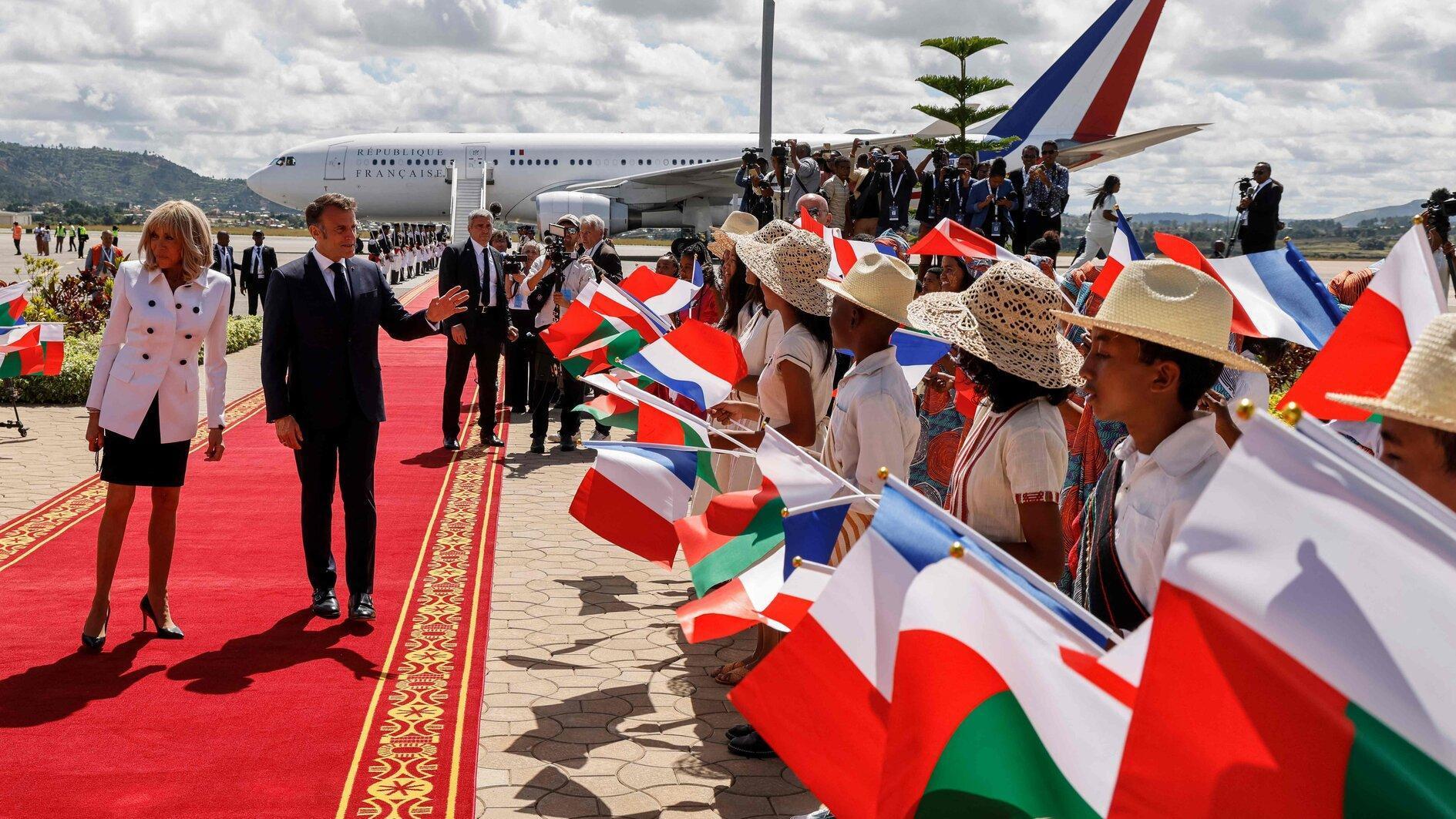Turkish comic book hero returns to screen
Emrah Güler ANKARA - Hürriyet Daily News
 Nationalist sentiments continue their invasion of Turkish pop culture as another Turkish hero saves Anatolia, this time from the Mongols. With some blatant and crude nationalism in recent Turkish cinema like the box office hit “Fetih 1453” (Conquest 1453) and the action series “Kurtlar Vadisi” (The Valley of the Wolves), the news of the upcoming adventures of a Turkish hero on screen stirred quite some excitement last week.
Nationalist sentiments continue their invasion of Turkish pop culture as another Turkish hero saves Anatolia, this time from the Mongols. With some blatant and crude nationalism in recent Turkish cinema like the box office hit “Fetih 1453” (Conquest 1453) and the action series “Kurtlar Vadisi” (The Valley of the Wolves), the news of the upcoming adventures of a Turkish hero on screen stirred quite some excitement last week.Karaoğlan, veteran cartoonist Suat Yalaz’s beloved comic book hero, is getting ready for his screen comeback, riding his horse in the vast film set in Kemerburgaz in northern Istanbul. The hero is a young Turkic adventurer in his early 20s, and the literal translation of his name is the Swarthy Boy, referring to his trademark dark locks. The setting is 12th- and 13th-century Central Asia during the reign of Genghis Khan.
Karaoğlan was one of the most popular Turkish comic book heroes of the 1960s, dubbed the Heroes with Swords, all of them inspired by motifs from the histories and folklore of Turks, as well as Islam. The historic comic book heroes proved to be the darling of pop culture at the time, with more than 50 heroes hitting the stands at one time.
Almost all of these so-called Heroes with Swords featured characters, adventures and settings that were over-the-top, being historically, culturally and politically incorrect. Most of them soon went into oblivion, but a few have stood the test of time.
Two of these have especially continued to be printed, reprinted and adapted to the screen, staying relevant and fun to this day. One of these was Tarkan, a Hunnic warrior who looked more like a Scandinavian than a Turk as he was serving Attila the Hun in the fourth century. Cartoonist Sezgin Burak’s hero blended stories from world mythology with Turkish folklore, becoming a legend among the Heroes with Swords. The other hero that proved to be timeless was Karaoğlan. As goes the origin of Turks as a nomadic tribe, Karaoğlan travels throughout a vast portion of the world in his adventures from China to Anatolia and India. His league consists of his friend and comic relief Balaban, his father Baybora, with the Mongol bandit Camoka being his archenemy. Karaoğlan is quite the ladies’ man, the sultry Bayırgülü reappearing often as his favorite love interest. Yalaz was the most meticulous among the cartoonists of the period in his research of Turkish history and folklore. Originally running as a comic in daily Akşam in 1963, the stories reflected the sociopolitical dynamics of the 1960s, and later, the 1970s. The adventures of Karaoğlan were more for adults, occasional erotic scenes becoming an integral part of the daily comics and the books.
Karaoğlan was also the first Turkish comic book to be published internationally. Taking the name Kebir, Karaoğlan’s adventures were published for seven years in France. True to the tradition of real heroes, Karaoğlan is orphaned when his mother is killed in a tribal blood feud and his father runs while Karaoğlan is just a baby (only to reunite years later). He is raised by a woodsman and later nicknamed for his long black hair. All of the characters loved by the fans of the comic book, including Bayırgülü, are now taking their place in the upcoming movie, directed by Kudret Sabancı. The film follows the Turkish states uniting against the Mongols who are waging a war, hoping to invade Anatolia. The plot revolves around the Mongols, led by Camoka, who is trying to murder Çise Hatun, a woman who is getting ready to be married to a Turkic statesman as part of a political maneuver. Karaoğlan, played by the newcomer Volkan Keskin, once again comes face to face with his archenemy.
















